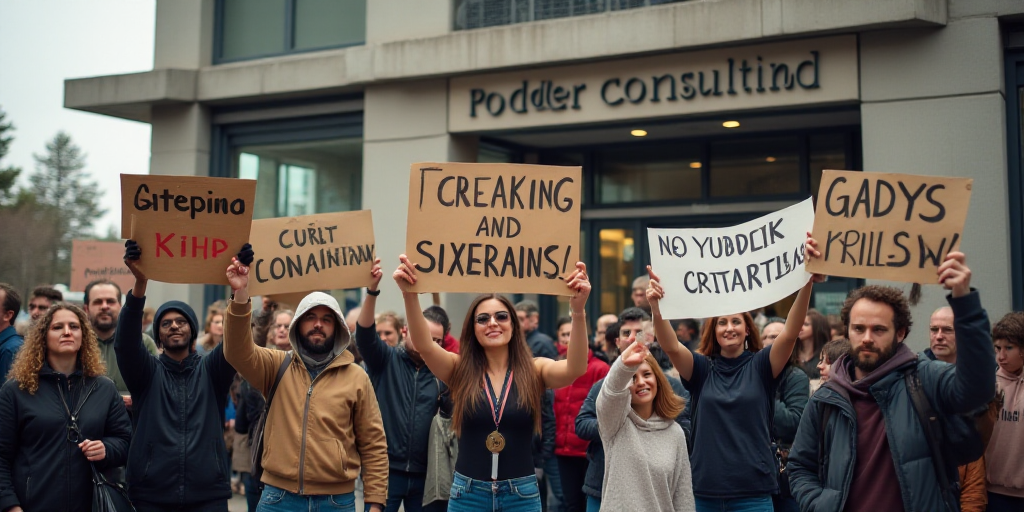Background and Relevance of the Election
In Mexico, diverse social organizations and judicial candidates have filed nine impugnations against the recent judicial election with the Instituto Nacional Electoral (INE) due to irregularities observed during the voting process. Among these irregularities are allegations of vote induction through “acordeones,” a method that involves coordinated campaign efforts to sway voters.
Key Players and Their Concerns
Prominent organizations such as Poder Ciudadano, Consejo Nacional de Litigio Estratégico, PROJUC, Defensorxs, Práctica Laboratorio para la Democracia, and Laboratorio Electoral joined forces with candidates and legal experts to present a comprehensive 300-page complaint supported by over 200 pieces of evidence. The complaint addresses various irregularities, including a systematic operation from the ruling party to coerce citizen votes and impose preferred candidates.
Impugnations Against Specific Elections
One of the impugnations targets the election for the Suprema Corte de Justicia de la Nación (SCJN), Tribunal de Disciplina Judicial, and the Sala Superior del Tribunal Electoral de la Federación (TEJF). The complaint highlights that acordeones were documented nationwide, and 100% of candidates featured in these coordinated efforts won their respective elections. Specifically, nine SCJN ministers, five Tribunal de Disciplina magistrates, and two TEJF magistrates are under scrutiny.
Statements from Key Figures
Gabriela Sterling of Poder Ciudadano emphasized the need to impugn this election, stating that systematic law violations and bad practices have become commonplace in Mexican elections. She stressed that the electoral authority, including INE and TEJF, must ensure clean and fair elections.
Miguel Alonso Meza of Defensorxs declared the judicial election invalid due to illegal intervention by the presidency, state governors, and the ruling party. He demanded that TEJF and SCJN invalidate all election results, citing additional irregularities such as flawed candidate evaluations, lack of clear rules at the start of the process, and insufficient citizen oversight mechanisms.
Allegations of Inequity and Fraud
Activists also pointed out inconsistencies in voting weight, like the case in Mexico City where a single citizen’s vote counted five times more than those from the State of Mexico. They aim to establish a precedent, ensuring that future elections are not controlled by the executive branch rather than the citizenry.
Additional Accusations and Concerns
Saber Votar and the Comisión Mexicana de Derechos Humanos (CMDH) accused the judicial election of being illegitimate, fraudulent, and designed to strengthen the ruling party’s control over Mexico’s justice system.
Guillermo Torres Quiroz of Saber Votar and René Bolio Halloran of CMDH highlighted a severe crisis in legitimacy, participation, and transparency, with consequences threatening judicial independence and the rule of law.
Delayed INE Session Due to Discrepancies
The Instituto Nacional Electoral (INE) postponed a scheduled session to confirm the number of ineligible candidates for circuit court magistrate positions due to disagreements among consejeros (council members) regarding the methodology for reviewing 464 winning candidates.
The delay stems from differing opinions on whether to apply the minimum 8 average in bachelor’s degree and 9 average in specialty, as mandated by the Constitution. Following initial agreement to invalidate at least 33 candidates for not meeting these requirements, INE president Guadalupe Taddei later stated only three candidates were ineligible. This led to further disagreement, prompting another recess to reach a consensus on reviewing all winning candidates for this position.






